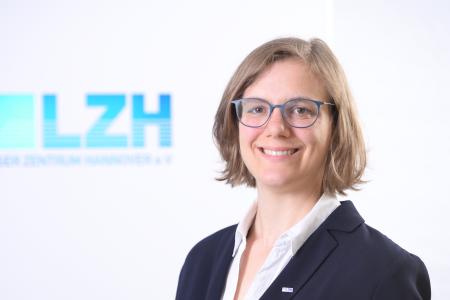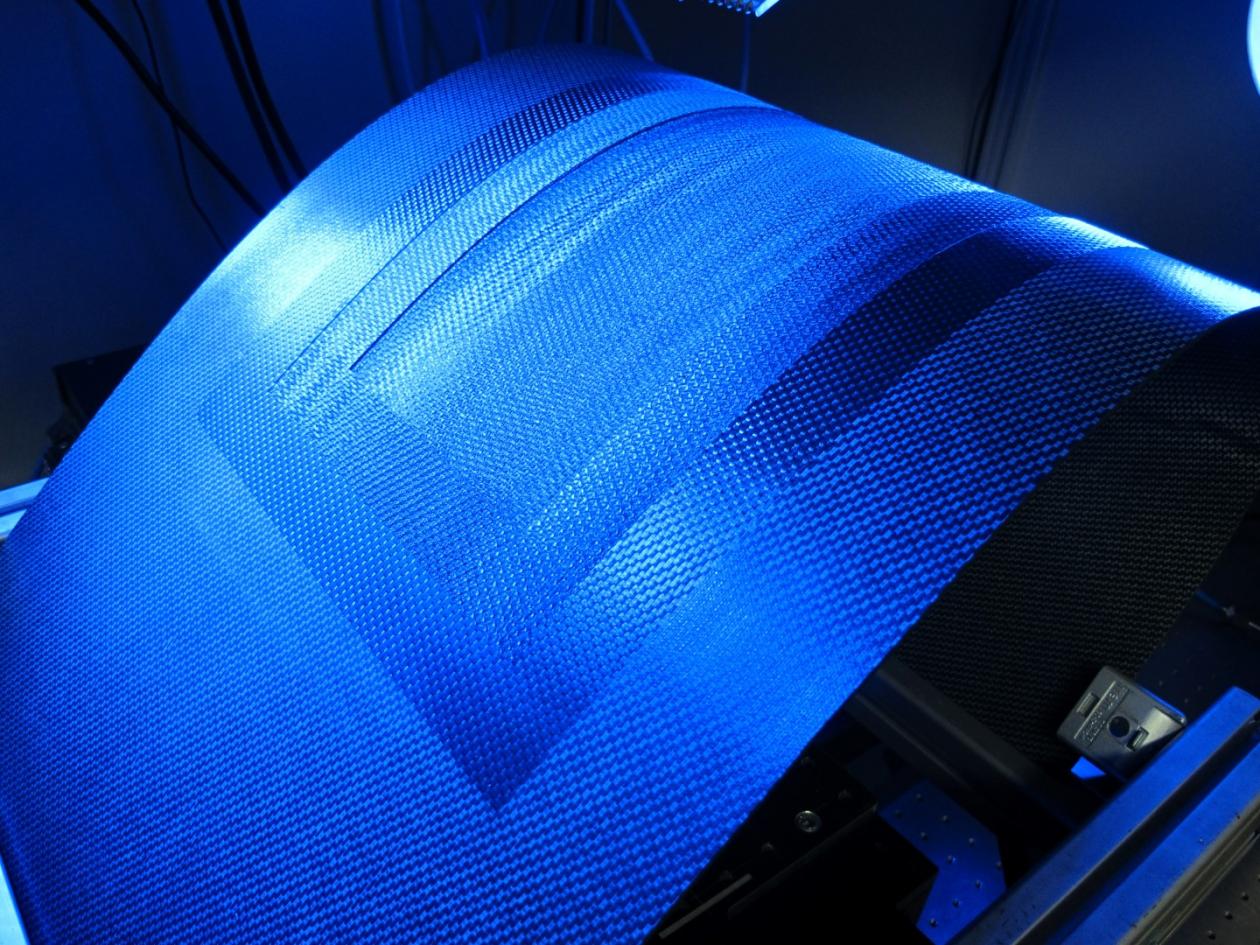LZH optimizes laser-based CFRP reworking for the aircraft industry
To be able to rework aircraft components made of carbon-fiber reinforced plastics (CFRP) more efficiently in the future, the Laser Zentrum Hannover e.V. (LZH) has started the joint research project ReWork together with the INVENT GmbH, OWITA GmbH und Precitec Optronik GmbH. The aim of the project is to develop a reliable process for thin-walled and complex CFRP components.
Today, many aircraft components are made of the lightweight material CFRP. Advantages of this material are the low weight and the high stability. The processing of this material, however, is still difficult. Therefore, in order to eliminate production- and operation-related defects in a faster and more cost-efficient way, the aircraft industry requires a reliable solution.
Eliminating defective areas by custom-fit patches
Laser-based processes offer promising approaches: Carbon fiber tissue can be processed contact-, force- and wear-free. Moreover, the high geometric resolution of the laser makes it possible to scarf the surface precisely and to insert custom-fit replacement patches. During the patch repair, the defective areas are removed layer-by-layer using the laser, and then replaced by a custom-fit patch.
An innovative system technology, consisting of a laser, a scanner, a short-coherence interferometry system and a control software, determines the individual process parameters according to the shape of the component. The short-coherence interferometry system measures the depth spatially with high resolution and thus ensures a precise layer-by-layer removal. In that way, surface deformations due to local increases in thickness, which occur frequently during mechanical processing, can be avoided.
Flexible laser parameters for variable component geometries
Apart from the proper system technology, the Composites Group of the Production and Systems Department focuses on the further development of the laser process. One challenge during the laser-based surface post-treatment of CFRP aircraft components is their thin-walled and complex shape that requires individually adapted laser parameters. Further, CFRP typically has a spatially inhomogeneous thermal conduction. To achieve a constant surface quality nevertheless, the LZH experts are inventing a sophisticated process strategy – also considering the geometric scalability of the process parameter. The new technology shall be usable for 2D and 3D components, too – ideally with the possibility for automation.
The project „Reliable reworking on thin-walled, curved CFRP surfaces using photonic systems and piezo-assisted quality control” (ReWork) is sponsored by the German Federal Ministry of Economics and Energy (BMWi) for a duration of three years.
There is one figure for this press release.

